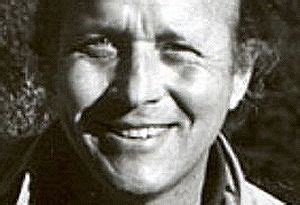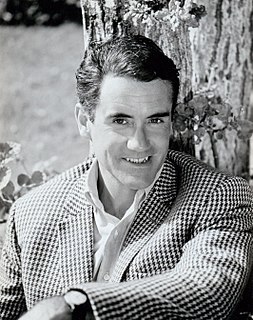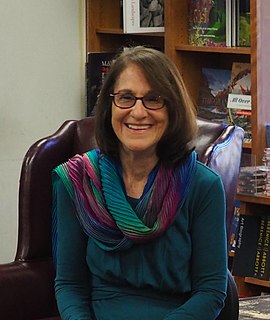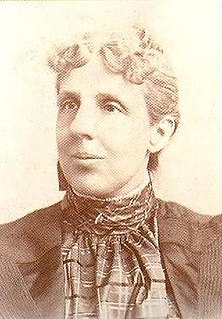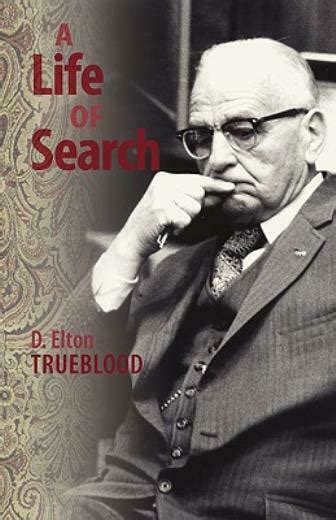A Quote by H. Jackson Brown, Jr.
When you hear a kind word spoken about a friend, tell him so.
Related Quotes
Believe in miracles but don't depend on them. When you hear kind word spoken about a friend, tell him so. Spoil your spouse, not your children. Never make fun of someone who speaks broken English. It means they know another language. To help your children turn out well, spend twice as much time with them and half as much money.
We are in love with the word. We are proud of it. The word precedes the formation of the state. The word comes to us from every avatar of early human existence. As writers, we are obliged more than others to keep our lives attached to the primitive power of the word. From India, out of the Vedas, we still hear: On the spoken word, all the gods depend, all beasts and men; in the world live all creatures...The word is the name of the divine world.
He had not breathed a word of love, or dropped one hint of tenderness or affection, and yet I had been supremely happy. To be near him, to hear him talk as he did talk, and to feel that he thought me worthy to be so spoken to - capable of understanding and duly appreciating such discourse - was enough.
I think you can perform any poem. But what I believe is that the best examples of spoken word poetry I've ever seen, are spoken word poems that, when you see them, you're aware of the fact they need to be performed. That there's something about that poem that you would not be able to understand if you were just reading it on a piece of paper.
If the lost word is lost, if the spent word is spent If the unheard, unspoken Word is unspoken, unheard; Still is the spoken word, the Word unheard, The Word without a word, the Word within The world and for the world; And the light shone in the darkness and Against the Word the unstilled world still whirled About the center of the silent Word. Oh my people, what have I done unto thee. Where shall the word be found, where shall the word Resound? Not here, there is not enough silence
I wanted to walk over there. I wanted to curl up beside him, lean against him, talk to him. I wanted to know what he was thinking. I wanted to tell him everything would be okay. And I wanted him to tell me the same thing. I didn't care if it was true or not- I just wanted to say it. To hear it, to feel his arms around me, hear the rumble of his words, that deep chuckle that made me pulse race
Oh, he was just angry, we tell ourselves when someone blurts out something he later apologizes for. But a word, once spoken, lingers forever; to keep peace we pretend to forget, but we never do. Strange that a spoken word can have such lasting power when words carved on stone monuments vanish in spite of all our efforts to preserve them. What we would lose persists, lodged in our minds, and what we would keep is lost to water, moths, moss.
My first spoken word poem, packed with all the wisdom of a 14-year-old, was about the injustice of being seen as unfeminine. The poem was very indignant, and mainly exaggerated, but the only spoken word poetry that I had seen up until that point was mainly indignant, so I thought that that's what was expected of me.
